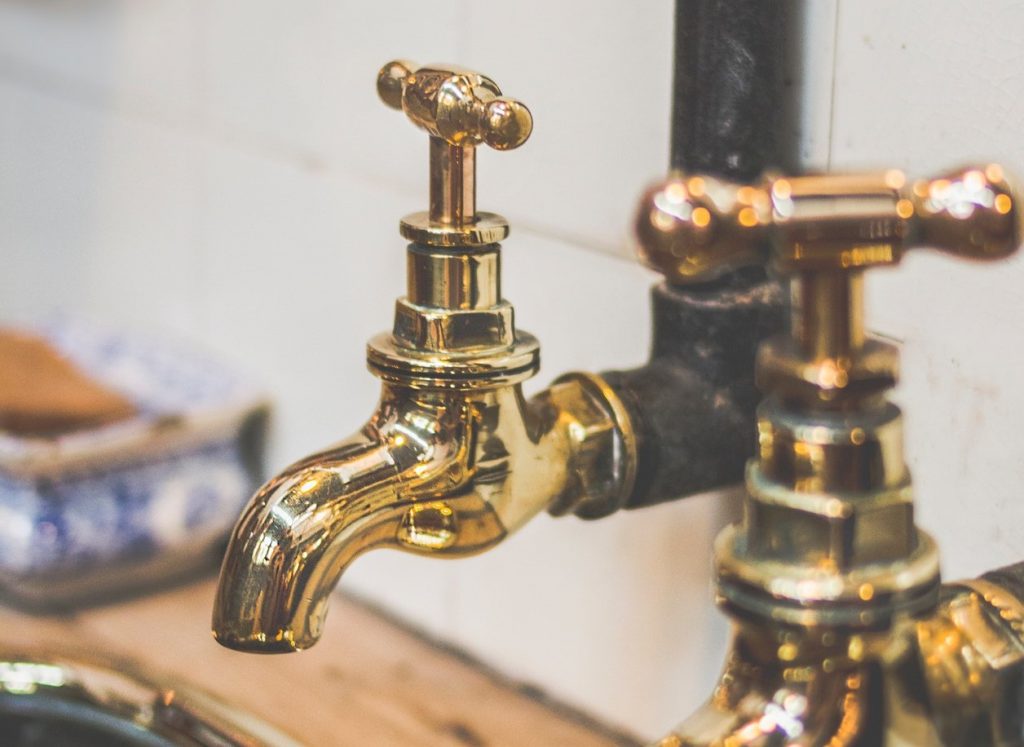
Understanding what can and cannot be washed down the drain can be confusing. We often don’t think about it, but by tipping excess oils, fats, and food particles down the drain, we are exercising the best way to block up our pipes. Not only is this terrible for your pipes, but it could also affect those of your entire area if the infrastructure gets damaged; in which case you would need to contact infrastructure engineers.
Oils and grease will sit and collect in one spot among other items like soap, toothpaste and hair products. Once they stick to the sides, they will collect other particles that come past each time you empty the sink.
Without getting regular cleaning and maintenance done on your drains, your pipes will just get blocked and will cause so many problems in the near future. On a larger scale level, if the infrastructure of a cities pipelines are damaged, it could cause biohazardous flooding. Most infrastructure companies have something in place to prevent this, but with enough malpractice, you could cause more significant problems.
If you have a pipe blockage, you may have considered unblocking it yourself so you didn’t have to ring a plumber and deal with the extra costs. This may seem like a good idea. However, it can be dangerous and can lead to extra repairs needing to be carried out.
 Blocked Drains
Blocked Drains
The main danger of unclogging a drain can come from using products like drain cleaner chemicals. Drain cleaning accidents often occur due to improper use and not having the correct know-how. These chemicals can contain acid which will burn the skin significantly on impact. Chemical burns will keep burning the skin until they are washed off completely.
The strong chemicals that are used within drain cleaners are supposed to dissolve the build-up that is causing the block. So, you can imagine what it will do when it comes into contact with human flesh. On these bottles, you will find a list of safety recommendations when using the stuff, but sadly these get ignored, which is what causes the accidents. If you are unfamiliar with using these types of products, you should consult a licensed plumber to come to your home and fix the problem to avoid any emergencies.
What can you do if you have a blockage?
A blocked drain can be very frustrating, but you need to put your safety and your families first. It may seem easy to conduct a DIY job for unblocking a drain with options like boiling water and bi-carb and vinegar, and these are quite safe to try at home yourself. When you are dealing with more harsh products if the above two don’t work firsthand, it may indicate there is a significant blockage that will need to be seen to by a professional.

If you have a blocked drain, the plumbing experts will come to your home and conduct an inspection and will let you know what the problem is and how much it could cost you. They use the latest CCTV technology to check through the pipes to find the blockage and will them find the best plan of action to take to eliminate the problem.
Blocked drains can be complicated which is why you should not use harsh chemicals not just due to the fact it is harmful but also it can cause damage to your pipes which can lead you up to needing new pipes installed which is very costly.
Safe home remedies like plunging are safe to try yourself, but if they do not work, then find a professional to avoid any further damages to yourself or the pipework